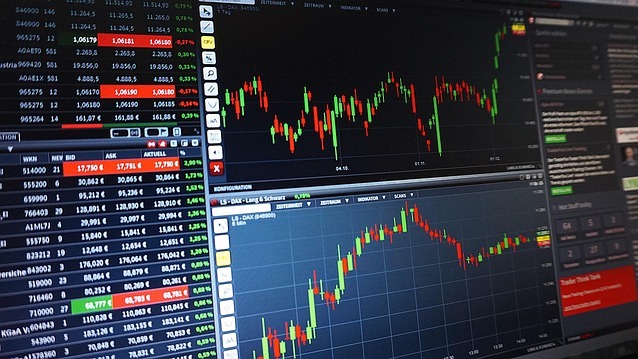
The Political Fallout of Moody's Downgrade
The recent decision by Moody's Ratings to downgrade the US credit rating has sparked significant backlash from the White House. Spokesman Steven Cheung labeled the move as politically motivated, particularly targeting Mark Zandi, an economist at Moody's Analytics, accusing him of harboring biased views against the Trump administration's policies. This incident highlights the growing intersection of economic metrics with political narratives, raising eyebrows among business leaders and stakeholders who depend on accurate assessments for strategic decision-making.
Implications for the Economic Outlook
For CFOs and CEOs, a lowered credit rating can have tangible consequences. It affects interest rates, borrowing costs, and overall economic confidence, which are vital in a labor market already grappling with volatility. The reaction from financial markets to Moody's decision will be closely monitored as executives assess their inflation response strategies and fiscal policy insights within their organizations. The question remains: how will this alteration in the credit rating impact global economic conditions and our readiness for potential market disruptions?
Navigating the Post-Downgrade Environment
As the dust settles on Moody's announcement, executives must adapt to shifting workforce economic trends. Uncertainties surrounding economic leadership may force strategic pivots in budgeting and hiring plans. A proactive approach in monitoring labor market trends and recalibrating supply chain economics will be essential in maintaining resilience amid the ongoing fluctuations. Furthermore, the way that businesses interpret this downgrade could reveal their overall recession readiness, helping them formulate adaptive strategies for challenging times ahead.
 Add Row
Add Row  Add
Add 




Write A Comment